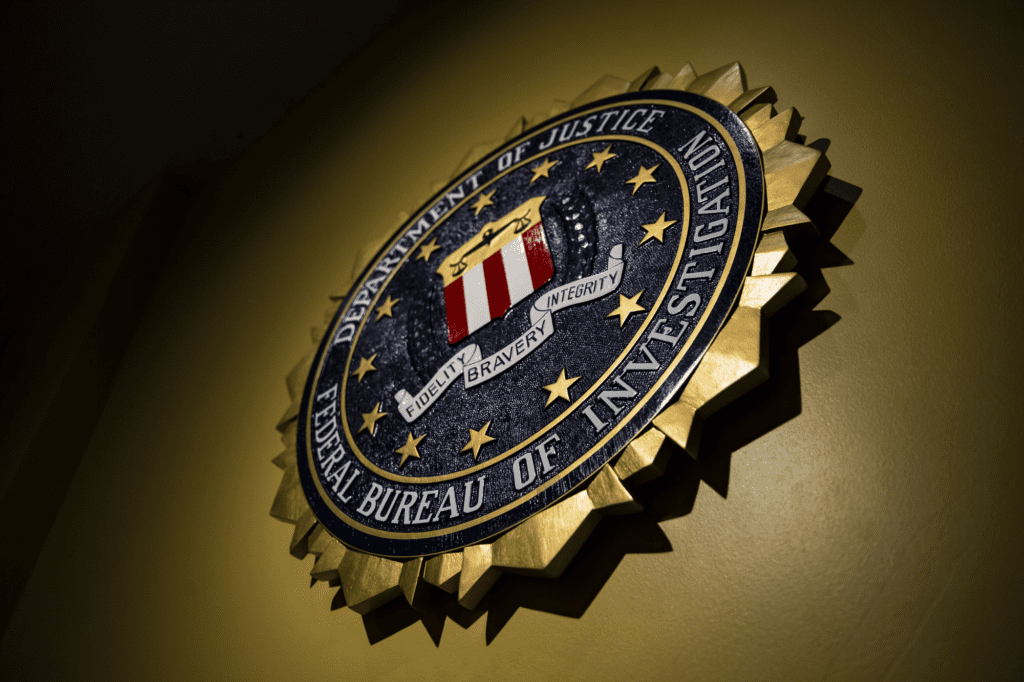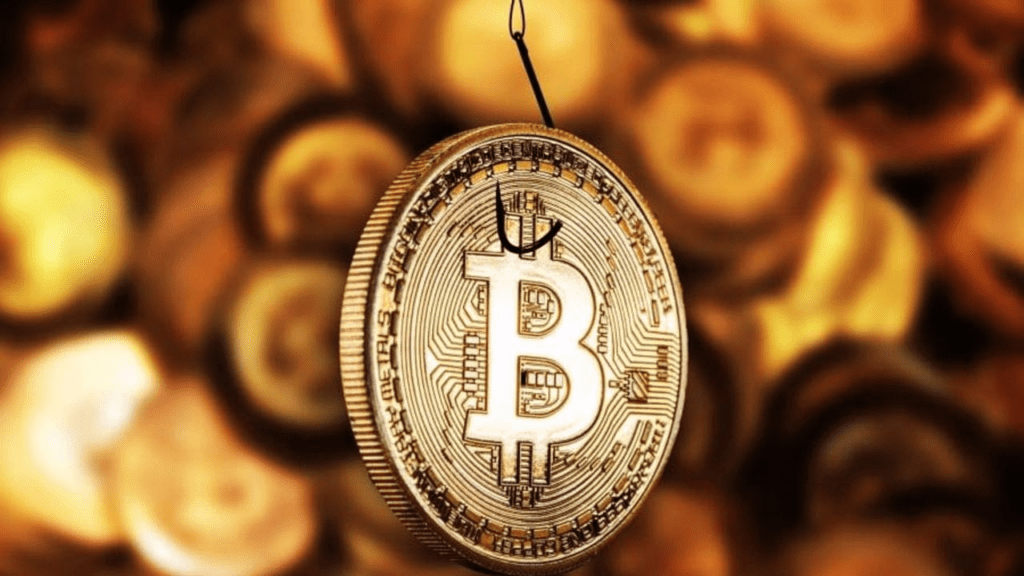Key Points:
- The FBI claims to have confiscated millions of dollars worth of Bitcoin from foreign con artists who prey on the elderly.
- The fraudsters convinced the victims to send money to them for “safekeeping” by assuming to be representatives of American law enforcement authorities.
Bitcoin and other digital assets have been seized in connection with a fraud scheme that targets the elderly, according to a Friday announcement from the United States Attorney for the District of Connecticut and the acting special agent in charge of the New Haven Division of the Federal Bureau of Investigation (FBI).

According to the FBI and U.S. Attorney’s office, a fraud investigation into a scam that preyed on elderly and first-generation American citizens led to the seizure of over 151 Bitcoins, or over $3.4 million.
The court records said that criminals began to prey on vulnerable communities abroad by impersonating police enforcement. According to the reports, the suspect’s employed computer programs to make their phone calls appear to be coming from reputable government organizations.
The hoax, which took place in or around October 2020, involves foreigners posing as agents of American law enforcement. The authorities said that they specifically targeted “vulnerable victims, including first-generation U.S. citizens and elderly persons.”

They informed the victims that their identity had been stolen over the phone. Federal investigators claimed that once the con artists had the victims’ trust, they would claim that their identities were required in order to transfer money to them for “safekeeping,” which would subsequently be reimbursed with interest after the perpetrators of the fictitious identity theft were apprehended.
Once they had access to the victim’s funds, they transferred them across other bank accounts and then changed them to cryptocurrencies like Bitcoin.
Investigators were able to follow the money to a digital wallet that contained cryptocurrencies purchased with money from the victim. The digital wallet was thereafter the subject of a civil asset forfeiture seizure warrant request and approval by the U.S. Attorney’s office.
DISCLAIMER: The Information on this website is provided as general market commentary and does not constitute investment advice. We encourage you to do your own research before investing.
Join us to keep track of news: https://linktr.ee/coincu
Harold
Coincu News






















